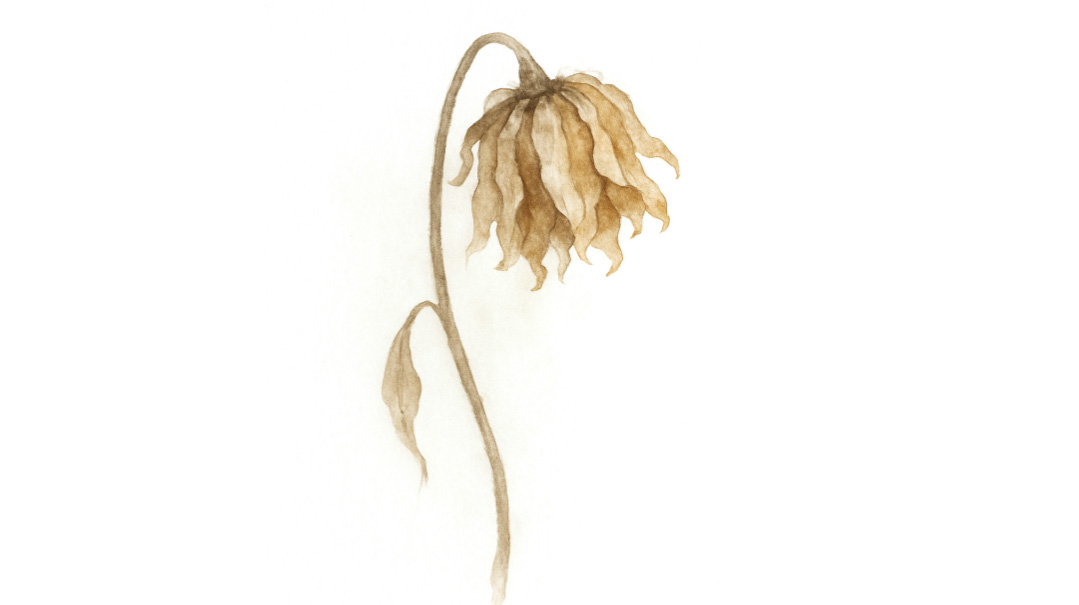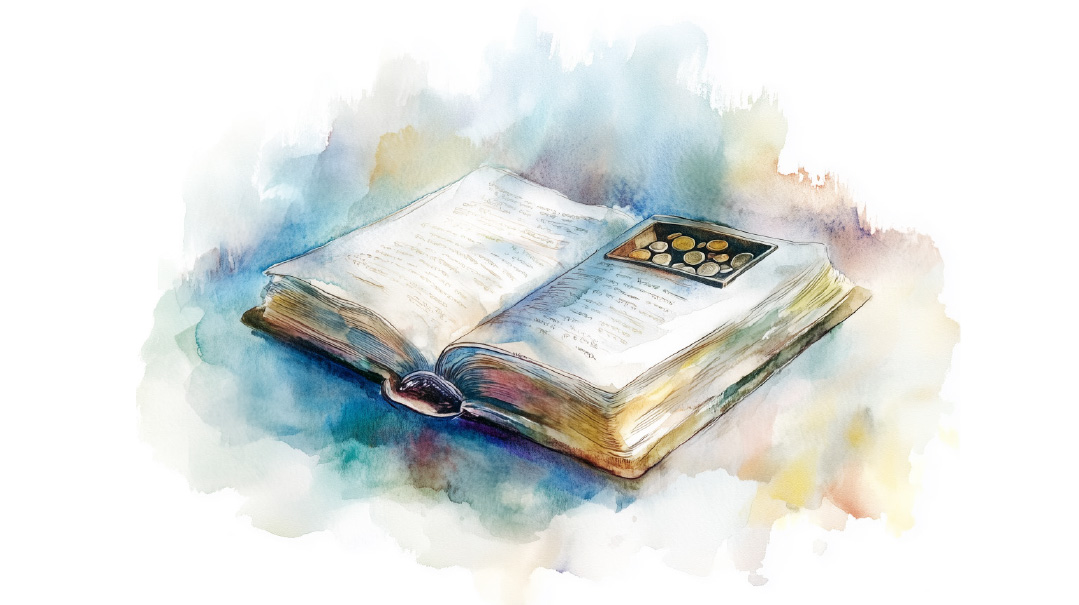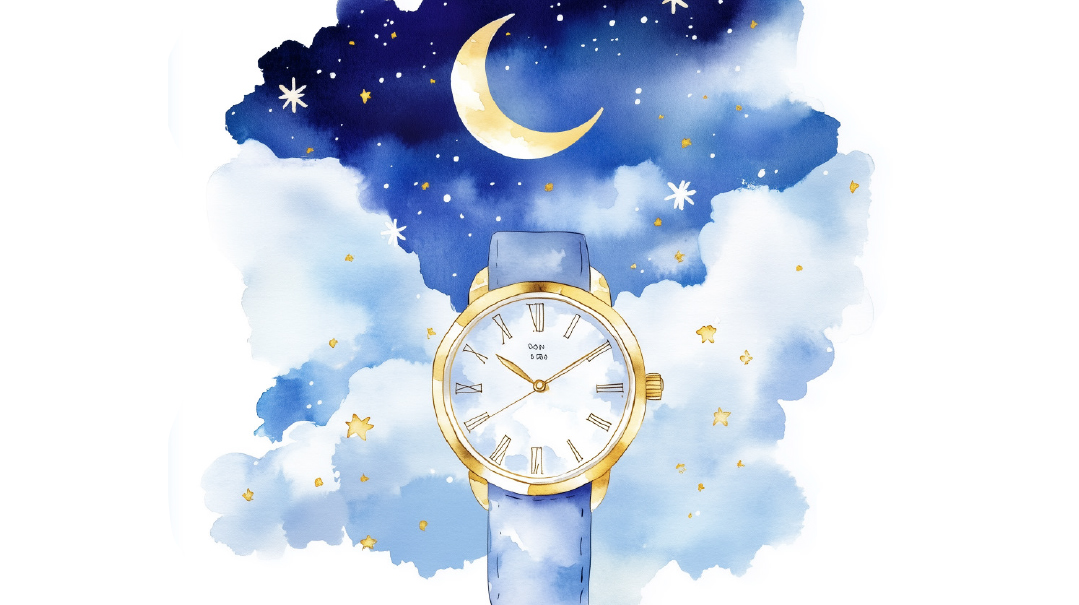Royalty and Royalty

The contrast between the burial of Elizabeth II and those of contemporary Jewish religious leaders could not be more stark
During the funeral of Queen Elizabeth, one could not help recalling that the last time the world experienced a royal funeral of such dimensions was some 3,000 years ago. No, not a funeral for the Pharaohs of old, but, l’havdil, of none other than our forefather, Yaakov Avinu.
Yaakov was a G-dly figure on a totally different level, and no earthly king, no matter how beloved, can be compared to him. But one could sense a certain echo, certain small parallels — as well as some major contrasts — between these two massive, royal funerals.
The Torah text describes the event rather simply in Bereishis 50:6 ff: “Yosef, the viceroy of Egypt, went up to bury his father, and with him went all the servants of Pharaoh, the elders of his palace and all the elders of the land of Egypt, and the entire house of Yosef and his brothers… And there went with him chariots and horsemen, and the assemblage was extremely large. They came to Goren Atad on the other side of the Jordan and they eulogized him a great and massive eulogy. And they mourned for his father for seven days.”
The Talmud (Sotah 13) elaborates that the tribute to Yaakov was not limited to Egypt but was universal, for mankind in general appreciated his overarching pre-eminence: “All the kings of the ancient world saw that Yosef had placed his personal crown on the bier of his father, so they did likewise: Each king placed his crown on Yaakov’s bier, so that it was encircled by many crowns.“
Although the elaborate pomp and ceremony, symbolism, genuine tribute, and universal sense of loss and mourning for the queen were somehow faintly redolent of that which accompanied Yaakov Avinu, the contrast between the queen’s burial and those of contemporary Jewish religious leaders could not be more stark.
In recent years, hundreds of thousands of Jews accompanied the biers of Rav Chaim Kanievsky, Rav Ovadiah Yosef, Rav Elyashiv and other universally recognized decisors and masters of Jewish law. In each case, pristine and unadorned simplicity was the norm. There were no elaborately prepared and decorated coffins, at most a plain, unadorned wooden box. There were no precisely executed processions by well-drilled royal guards no bejeweled royal crowns, no kingly scepters; there were no resplendent uniforms, instead, there were a rending of garments and a spontaneous crush of thousands of grieving mourners reaching out to touch the bier. The tributes and eulogies were tearfully spoken — not within the confines of magnificent synagogue buildings, but outdoors on balconies and porches.
There is no question that the elaborate ceremonies of the queen’s funeral were an awesome spectacle. The human soul hungers for beauty and pageantry, and yearns to identify with something larger than our own selves. These are qualities that, in our technological age, are rarely to be found. This is why millions around the world were spellbound by the tribute and by the manner in which it was effected.
But classical Judaism sees beyond all this. It realizes that this world is merely a vestibule leading to the real world, Olam Haba. And so when one says farewell to the vestibule, it is done simply and without adornment. In Biblical funerals there are funeral flutes and chanting mourners, but only in order to arouse the sense of loss and sorrow. In our tradition, the death of the physical is real; there are no attempts to disguise it. Of tributes and eulogies and weeping there is an abundance; but of carefully orchestrated pageantry and choreography and splendorous crowns and monumental synagogue buildings there is nothing. Jewish royalty and Jewish pageantry are products of a different world. There is royalty and there is royalty.
It seemed appropriate that the queen’s funeral took place a few days before Rosh Hashanah, when Jews engage in Malchuyos, the coronation of our own King of Kings. We constantly repeat the words Melech Ha’olam, “King of the universe,” in our daily brachos and prayers — without ever having any idea of what genuine royalty and sovereignty really are. But thanks to the queen, we were able to glean a deeper insight into the meaning of monarchy. If a creature of flesh and blood, here today and gone tomorrow, can elicit such universal homage and veneration for seventy years of dignity, steadfastness, and sense of duty, how much more should we honor and venerate the Creator of all and the eternal and true King of King, the Melech Malchei Hamelachim Himself.
“The captains and the kings depart, the tumult and the shouting dies,” and the five hundred emperors, princes and presidents have all left London — and we are left in silence, to think and to reflect.
(Originally featured in Mishpacha, Issue 932)
Oops! We could not locate your form.







